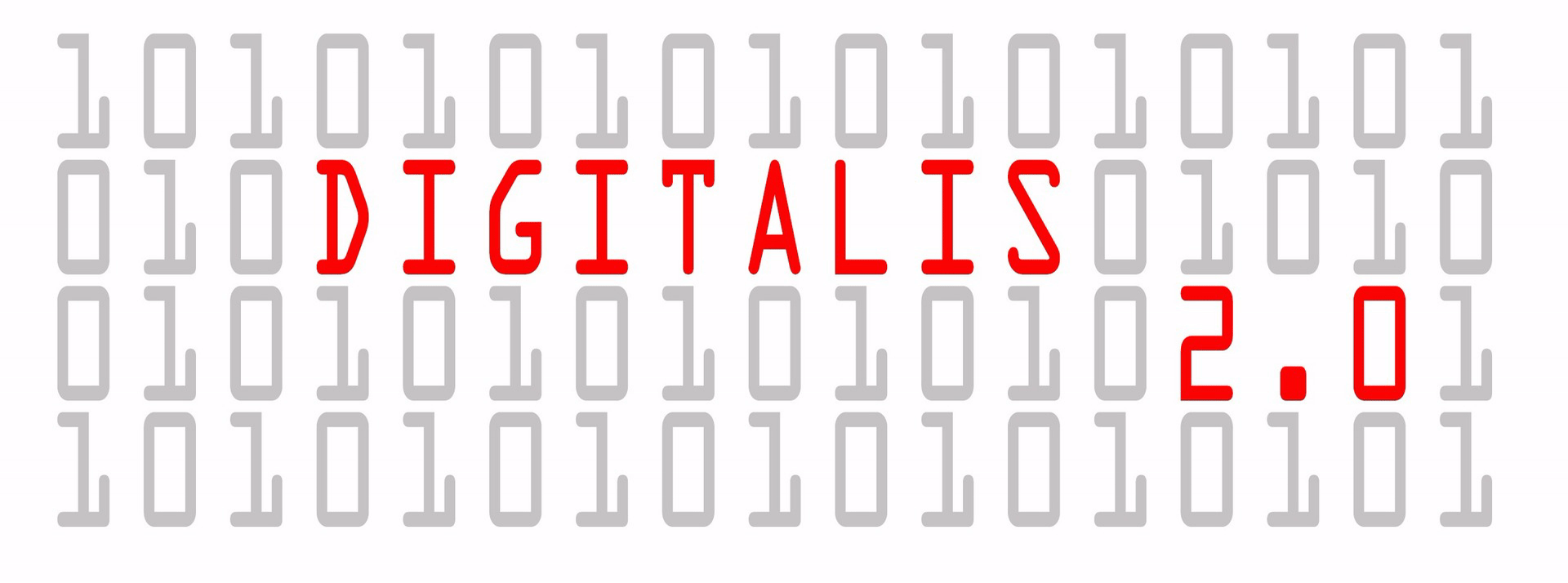Agisoft PhotoScan (commonly known as PhotoScan) is a professional tool for a photogrammetry pipeline. It performs photogrammetric processing of digital images and generates 3D spatial data. Agisoft Photoscan is the dominant photogrammetric software on the market, being used by a range of professions, from archaeology, cartographers to creators of virtual worlds and game developers. Unlike Visual SfM, it contains a complete program to numerous specific tasks and different types of data, and, as a novice to photogrammetric software, was easily managed, with an efficient workflow system.
Community Mapping
A community map is a map produced collaboratively by residents of a particular locale, often featuring local knowledge and resource, it opens up cartography to the amateurs, and asks participants to share experience values and visions about particular places [Parker 2006].
Engaged Digital Citizenship
In my quest for the holy grail of knowledge; how individuals, community-based projects and digital technologies can positively facilitate each other, I am researching ‘engaged digital citizenship’. To truly understand how individuals can become digital citizens, I am looking at the policies and research on the subjects of engaged digital citizenship, including digital communications, digital literacies and digital health and well-being. By being acutely aware of the themes of Digital Citizenship, I can gauge better the successfulness of a digital praxis in a community-led project.
Review: Toward Virtual Community Knowledge Evolution
Note: In looking for articles to read, to understand better the mechanics and possibilities of digital technologies that can improve communities both online and offline, I came across this paper, ‘Toward Virtual Community Knowledge Evolution’. Published in 2002, and with the extraordinary rate at which digital technologies change, it seems outdated. However I see it as a classic. The beginning of the road towards collaborative technological advances, and the real value of digital technologies. It was a vision for the future, for digital technology to facilitate knowledge, which meant devising new systems, that would engage and enable users in digital literacies associated within their virtual community. A lot of these features we now take for granted, such as hyperlinks, but in studying the classics, we can realise the excitement as these new systems were developed by people, for people.
Introduction
Toward Virtual Community Knowledge Evolution is a study carried out by a nine academics, Michael Bieber, Douglas Englebart, Richard Furuta, Starr Roxanne Hiltz, John Noll, Jennifer Preece, Edward A. Stohr, Murray Turoff and Bartel Van De Walle, who lecture in a range of universities, all working and excelling in their areas of computer science and information systems. In this paper, they propose the building of a ‘multimedia document repository’ or digital library, which has unique innovate supports which validates knowledge evolution. A series of tools and technologies based around the concept of community knowledge that can be build-on collectively, to constantly improve the workings of the system. This system, or Collaborative Knowledge Evolution Support System (CKESS), would provide a workflow that can be developed and upgraded through its users; the members who make up the virtual community.
Review: The Untapped Potential of Low-Cost Photogrammetry in Community-Based Archaeology
The Untapped Potential of Low-Cost Photogrammetry in Community-Based Archaeology: A Case Study from Banks Island, Arctic Canada, is a paper that was printed in the Journal of Community Archaeology & Heritage, in April 2016. Written by Colleen Haukaas and Lisa M. Hodgetts, this research paper is a case study from an archaeological project they undertook in Banks Island, Canada. It bears a striking resemblance to the Ogham in 3D project, in that it is a community orientated archaeological project, using photogrammetry and structure from motion techniques, and similar software for translating the data into 3D models.
Photogrammetry Timeline
As part of my research into digital tools and community participation, I have been looking at photogrammetry. In particular because I will be using it as part of the Ogham in 3D project. I realised how little I knew about the history of photogrammetry, and wanted to delve in deeper. As a visual learner, I find just reading articles and papers, still don’t quite connect the dots for me, and constantly find myself muddled with dates and names. So, I decided to create a visual (brief) timeline of the history of photogrammetry, to get a better idea of its origins, its uses, and significance today.
Crowdsourcing
Crowdsourcing, a modern business term coined in 2006, is defined by Merriam-Webster as the process of obtaining needed services, ideas, or content by soliciting contributions from a large group of people, and especially from an online community, rather than from traditional employees or suppliers (Wikipedia) Continue Reading
Digitalis 2.0
Digitalis 2.0 is a 2 day conference taking place on Thursday and Friday, April 7-8, 2016. Myself, along with other MA Digital Cultures, MA Digital Humanities and PHD students, will be presenting series of talks on our interests and research. It takes place at the Active Learning Space, Food and Technology Building, UCC from 10am-3pm.
As part of course, we get to stage this 2 day conference. It is a great experience to organise the conference, build on your strengths, depending on what role you play in the organization, and most of all to get to spend 2 ys with your fellow students, hearing all about their interests.
3D Mapping Project, Dingle
As a visual learner, I find it much easier to understand ideas and concepts if they are put into practice. I want to put my new skills and knowledge (with a whole lot of curiosity!) to some use, and physically see how Digital Culture can make an impact. I want to get my hands digitally dirty so to speak. I emailed our local Museum, Múseum Corca Dhuibhne, to see if there was any projects I could volunteer on. Either I had a skill that might be of some use, or I could upskill if necessary. I ended up meeting resident archaeologist and curator Isabel Bennett for a long chat about an exciting upcoming project, Ogham in 3D








